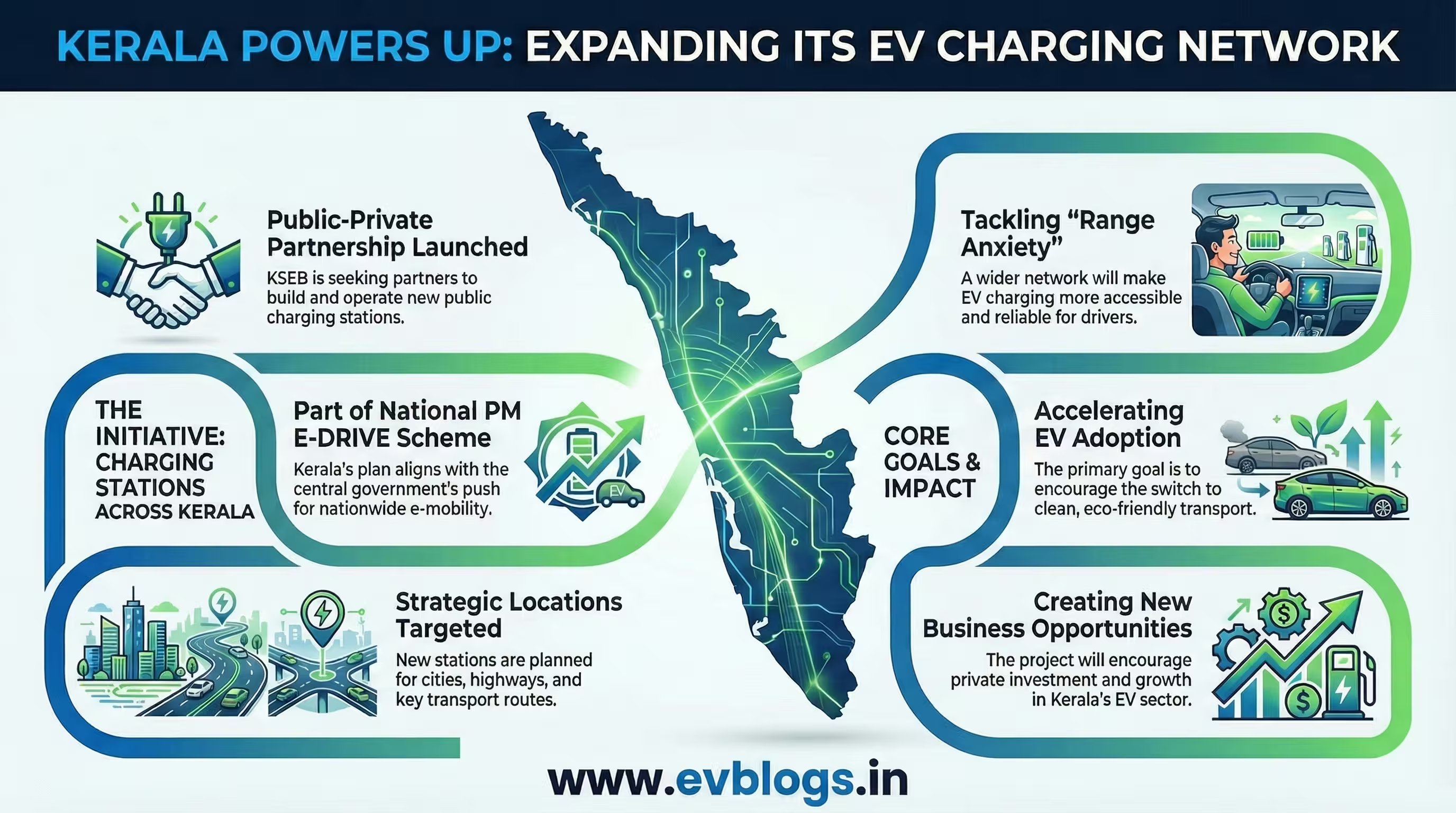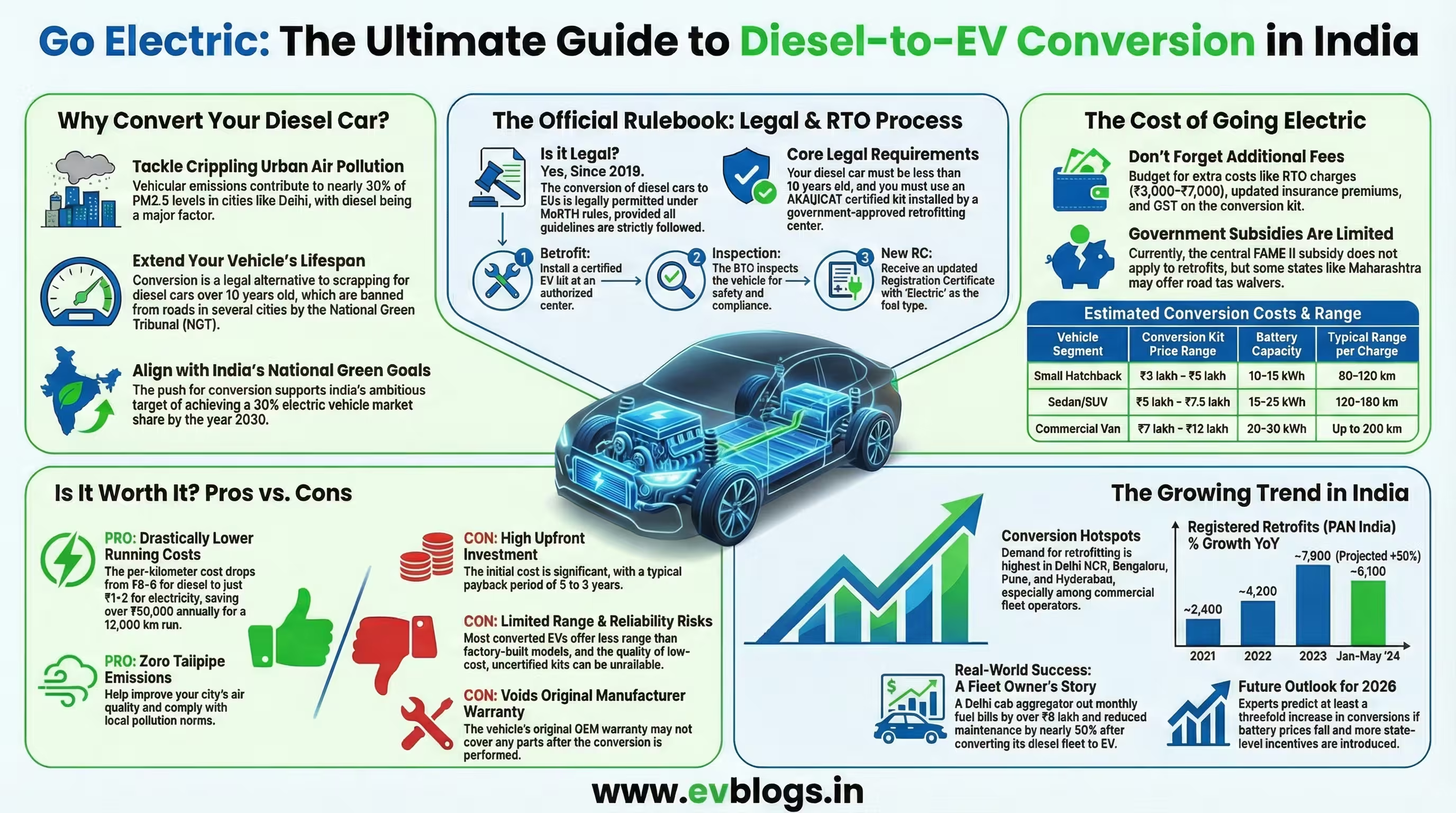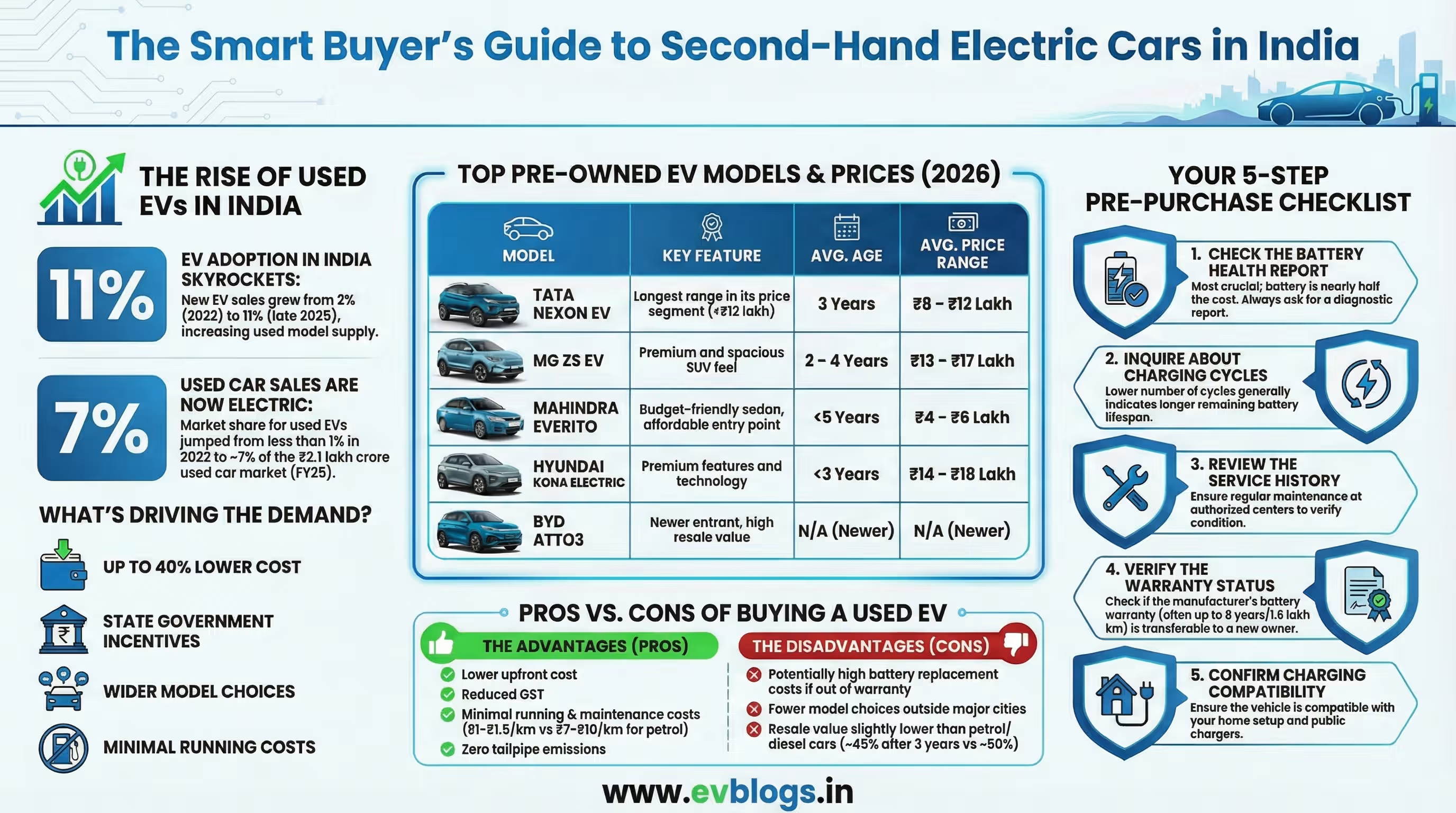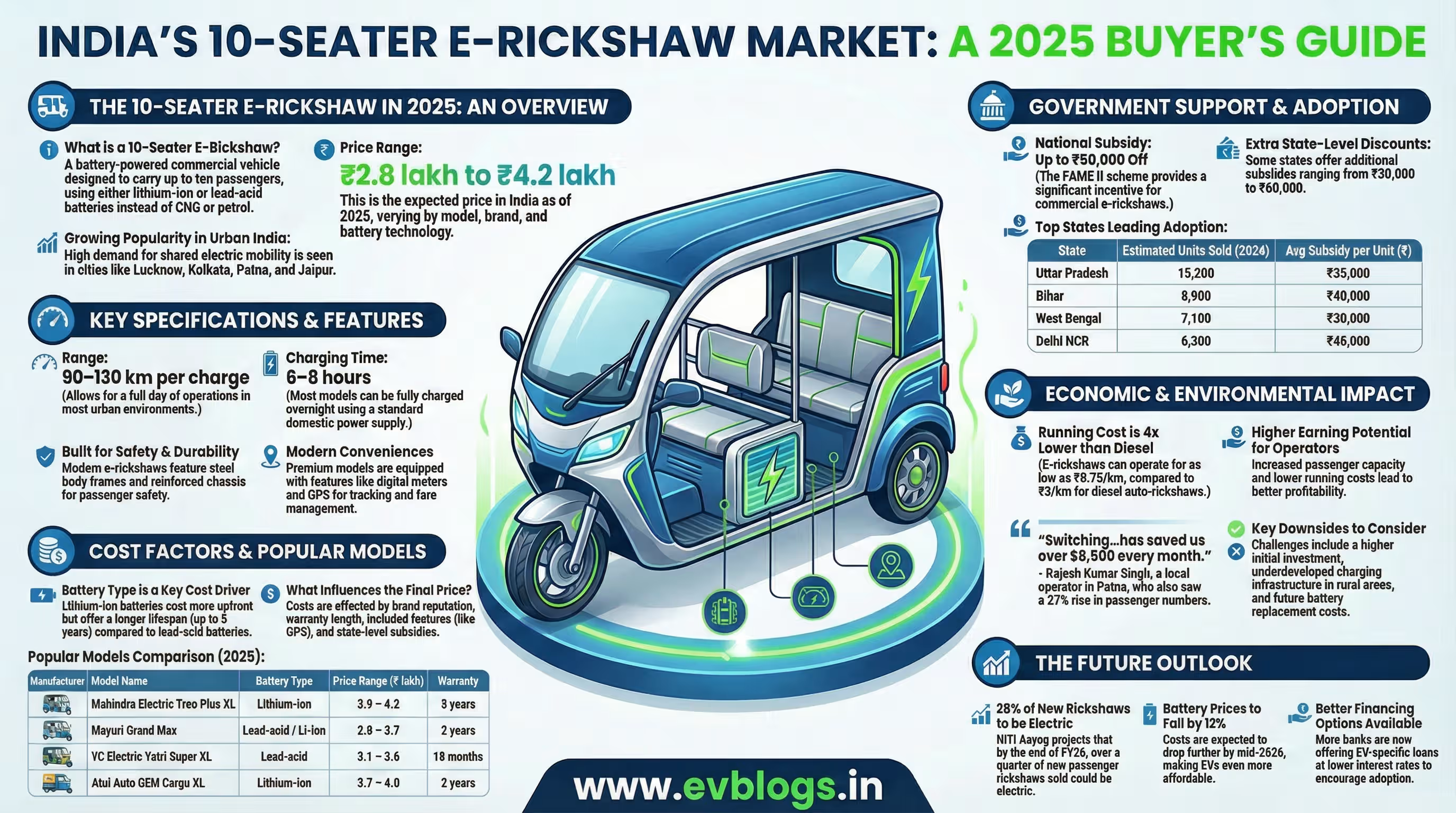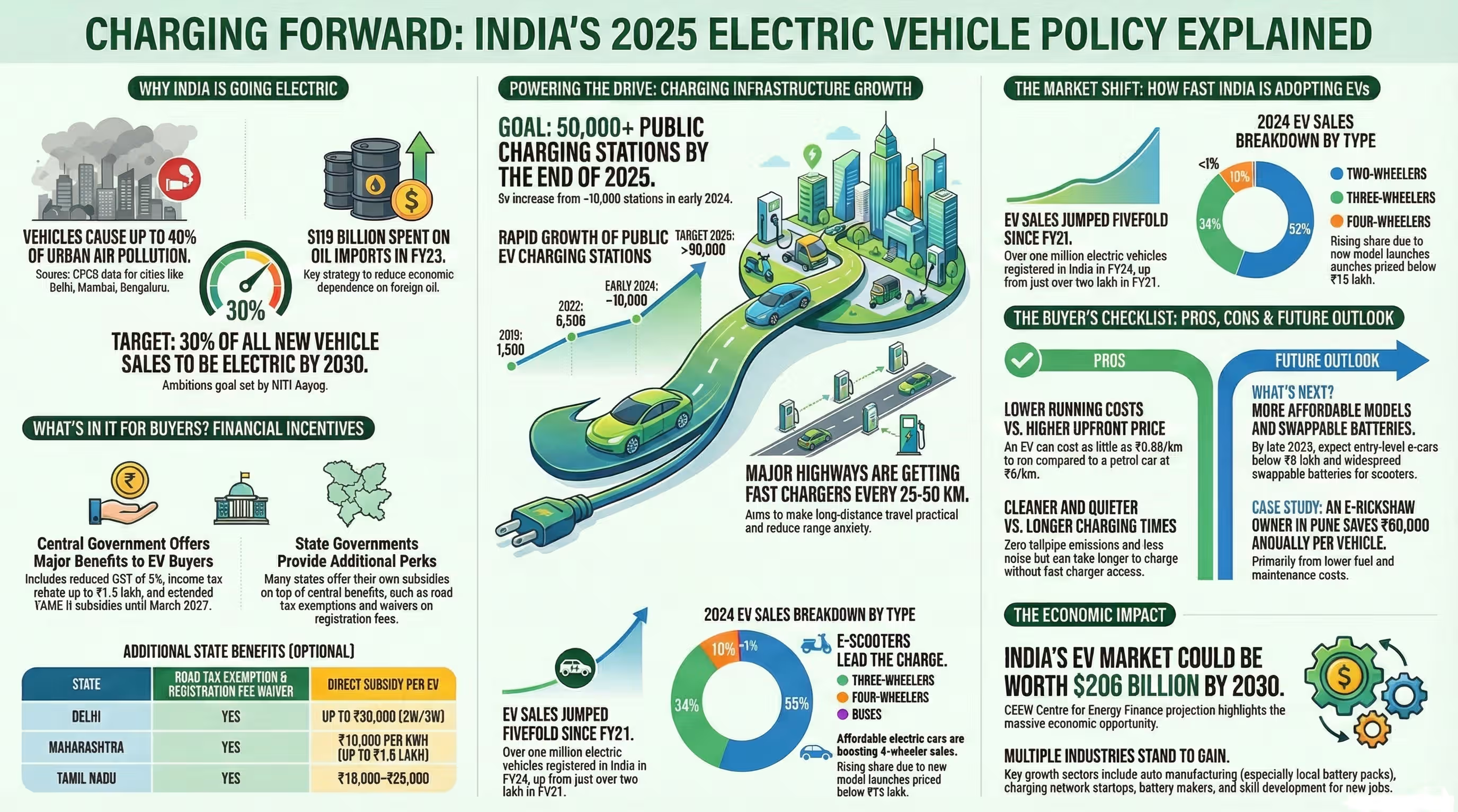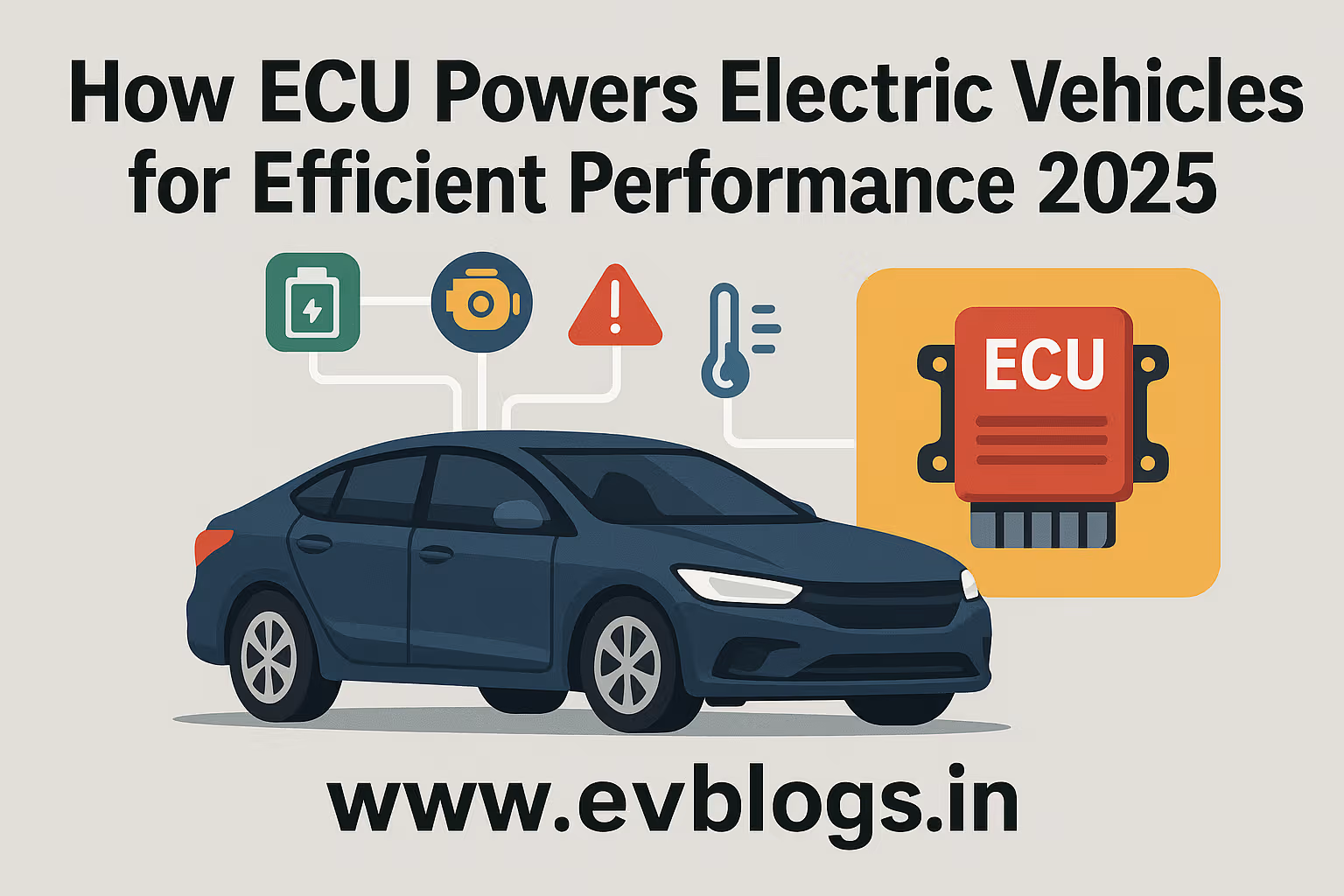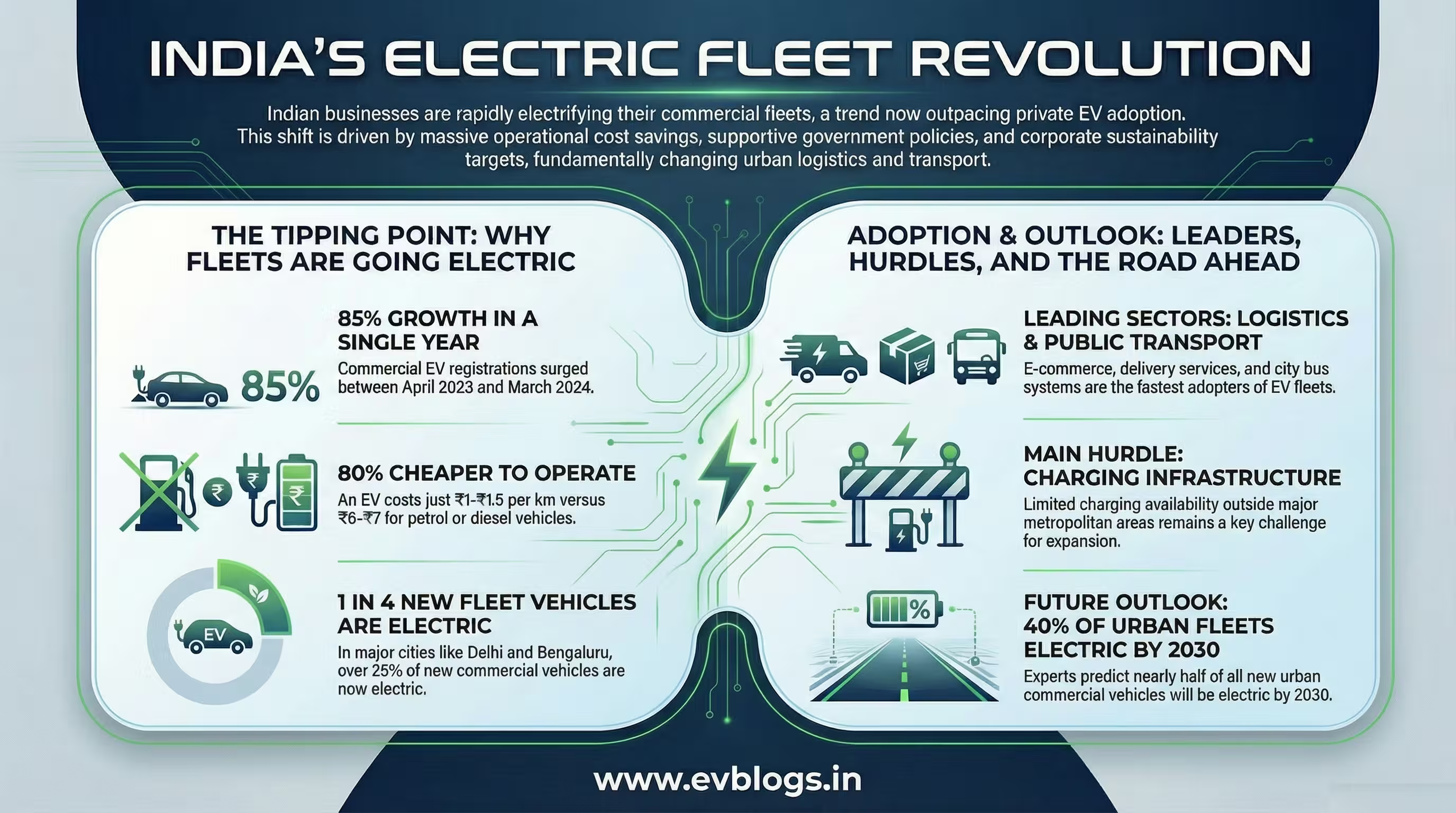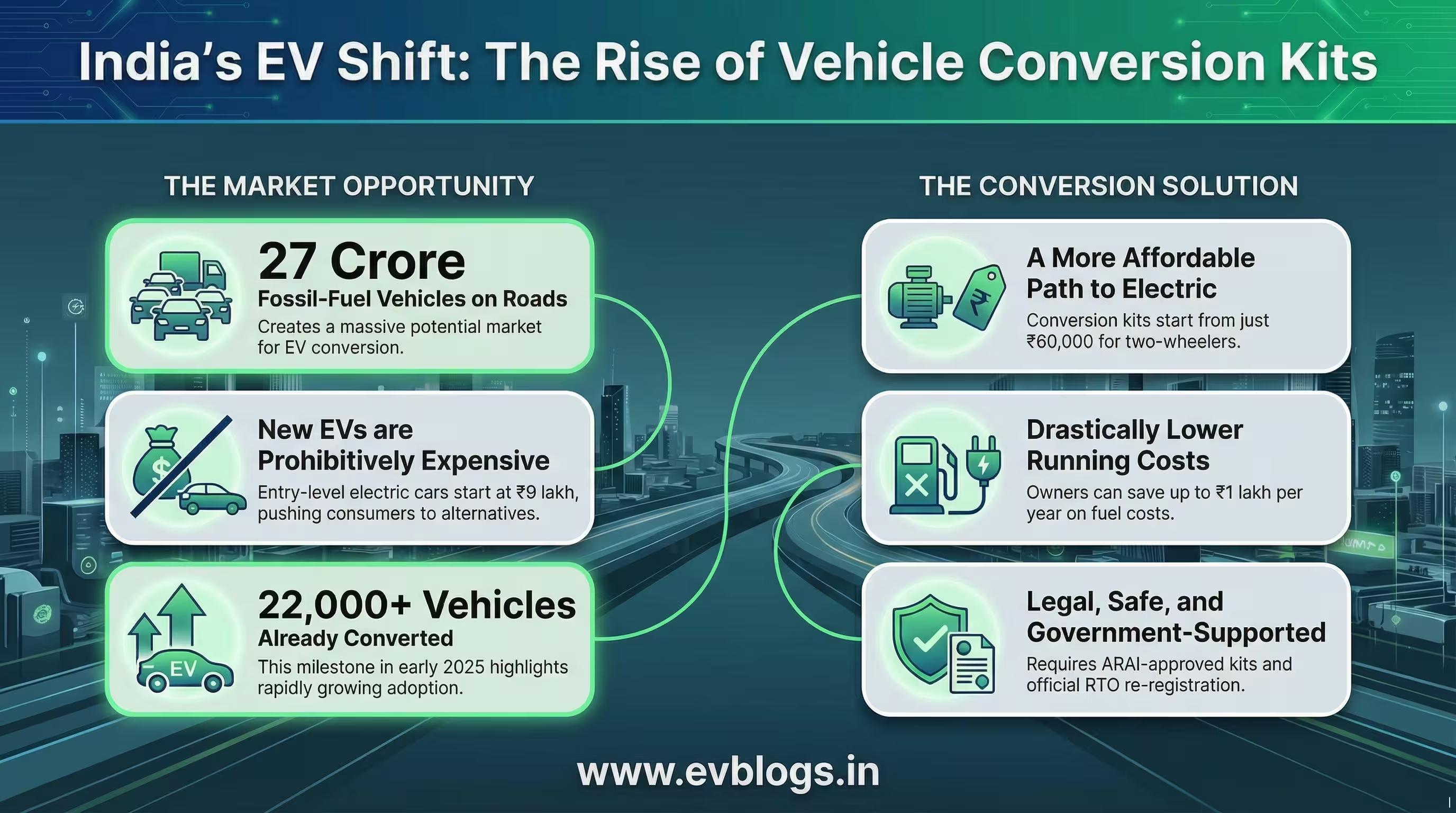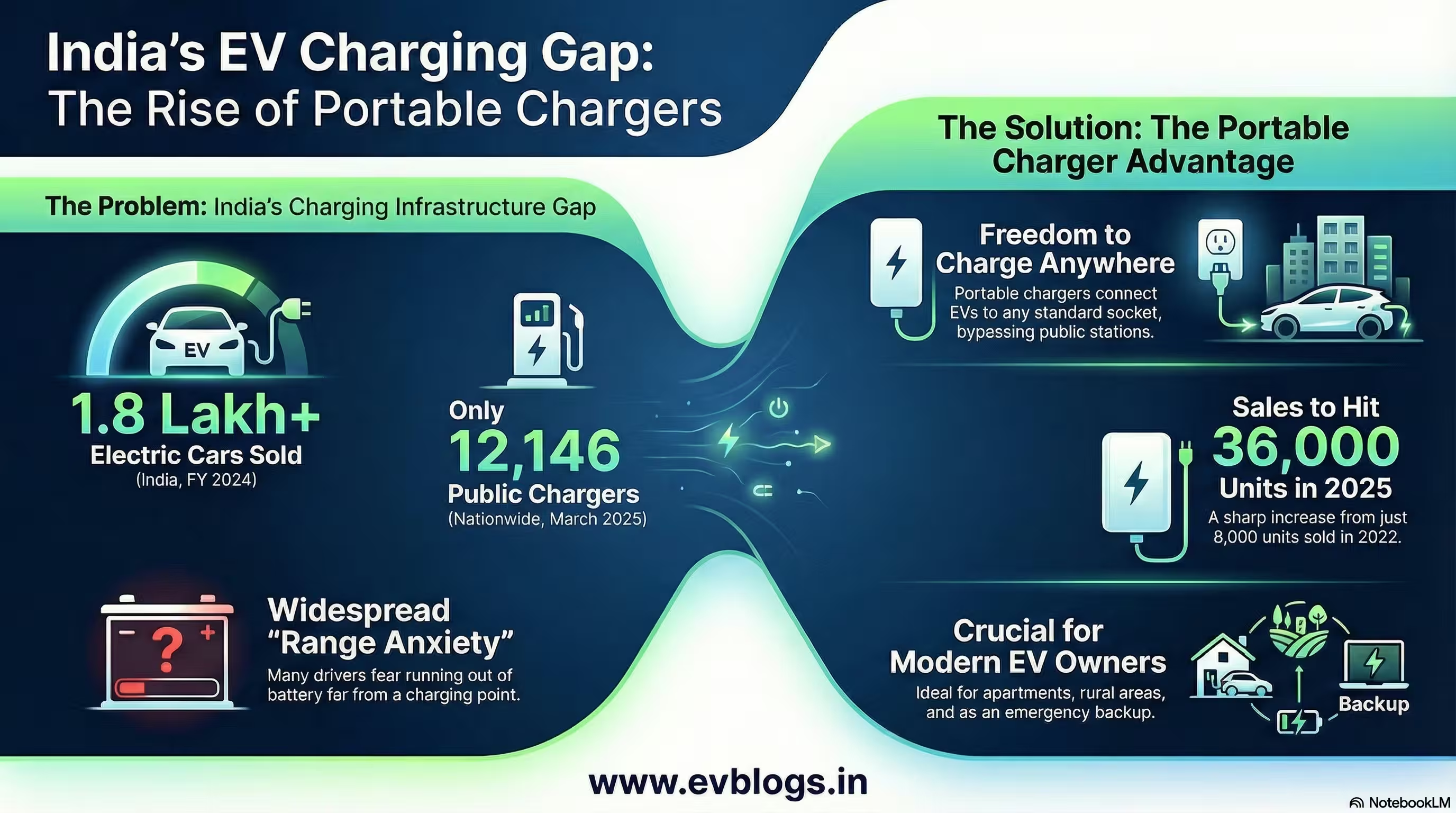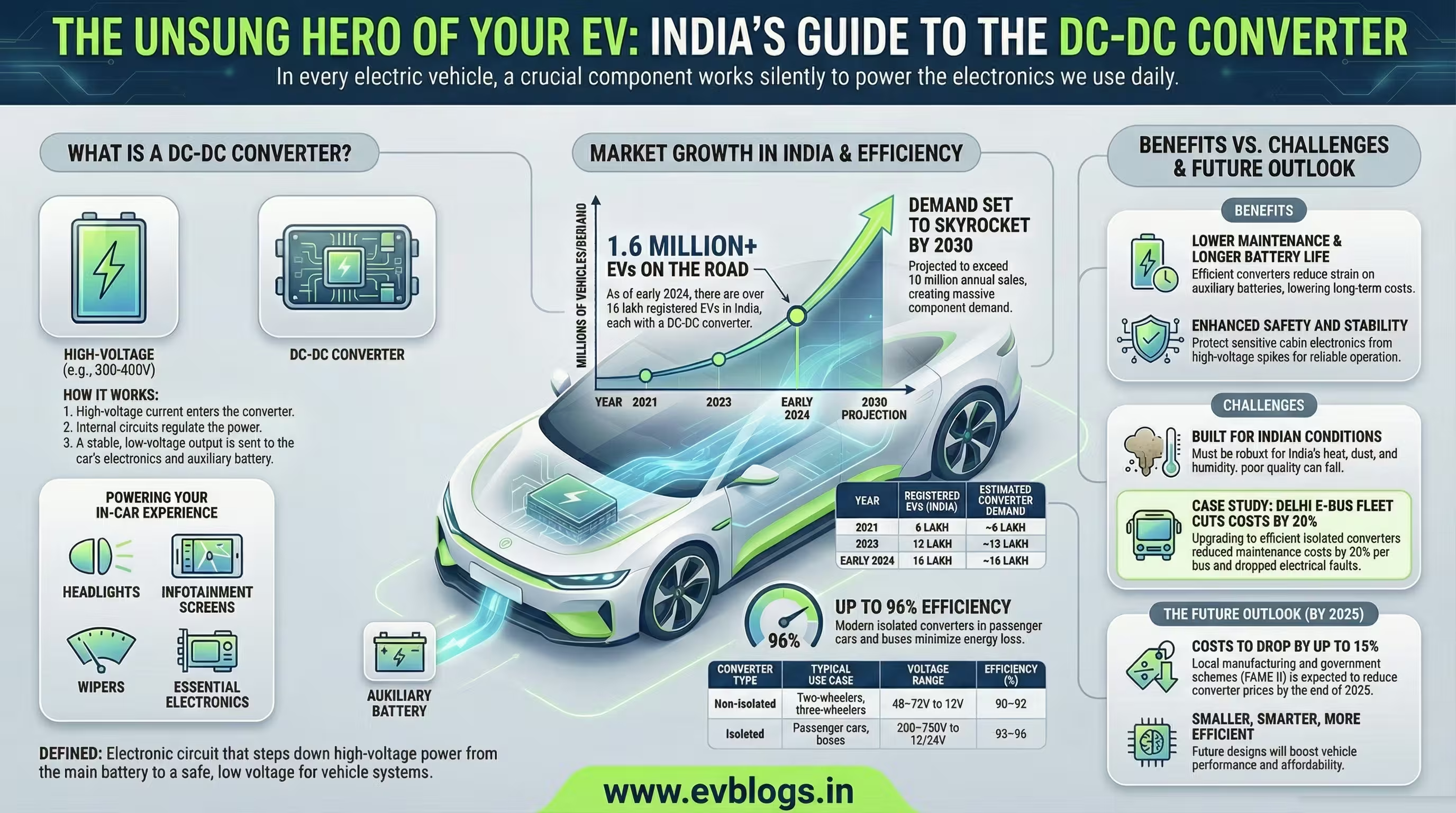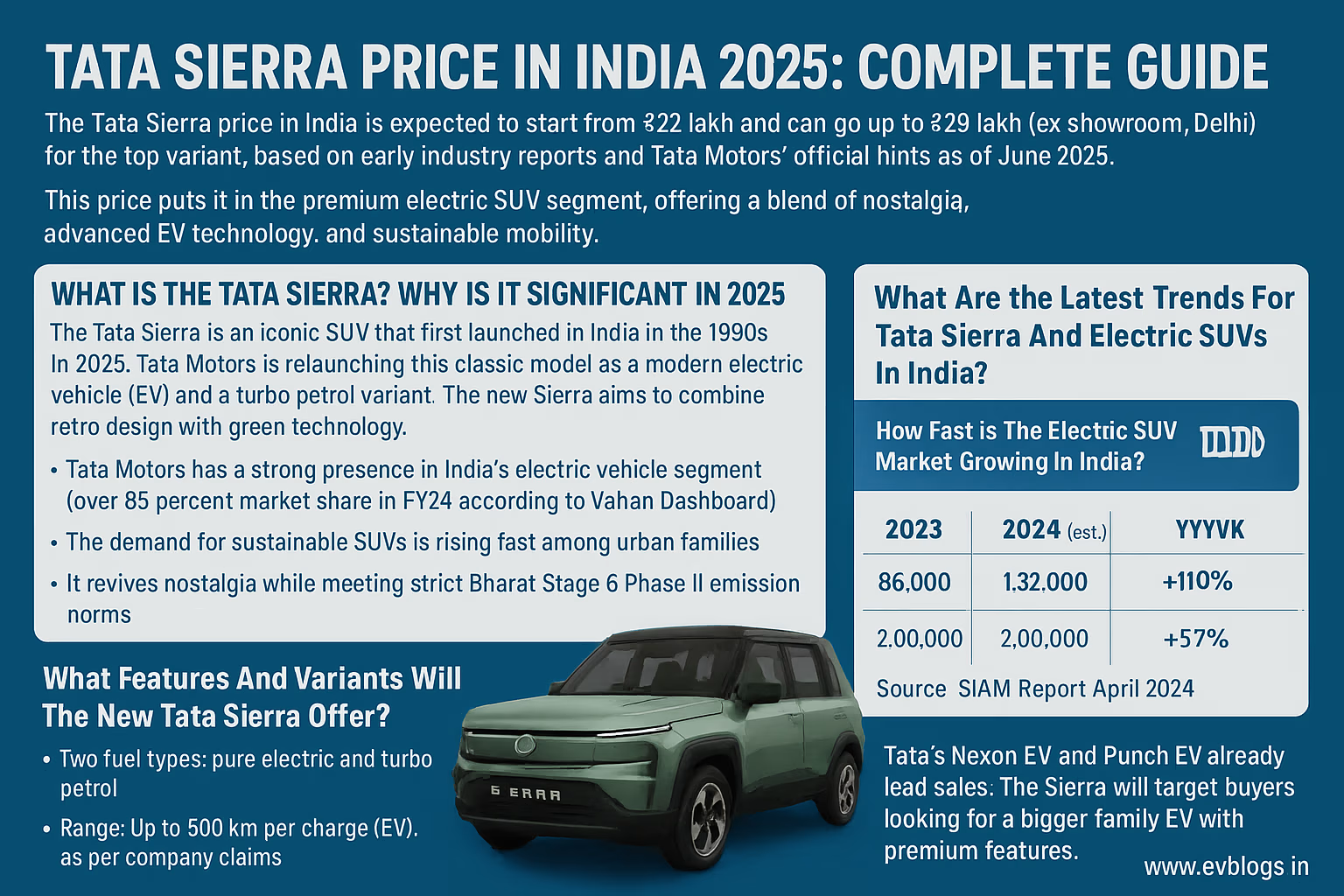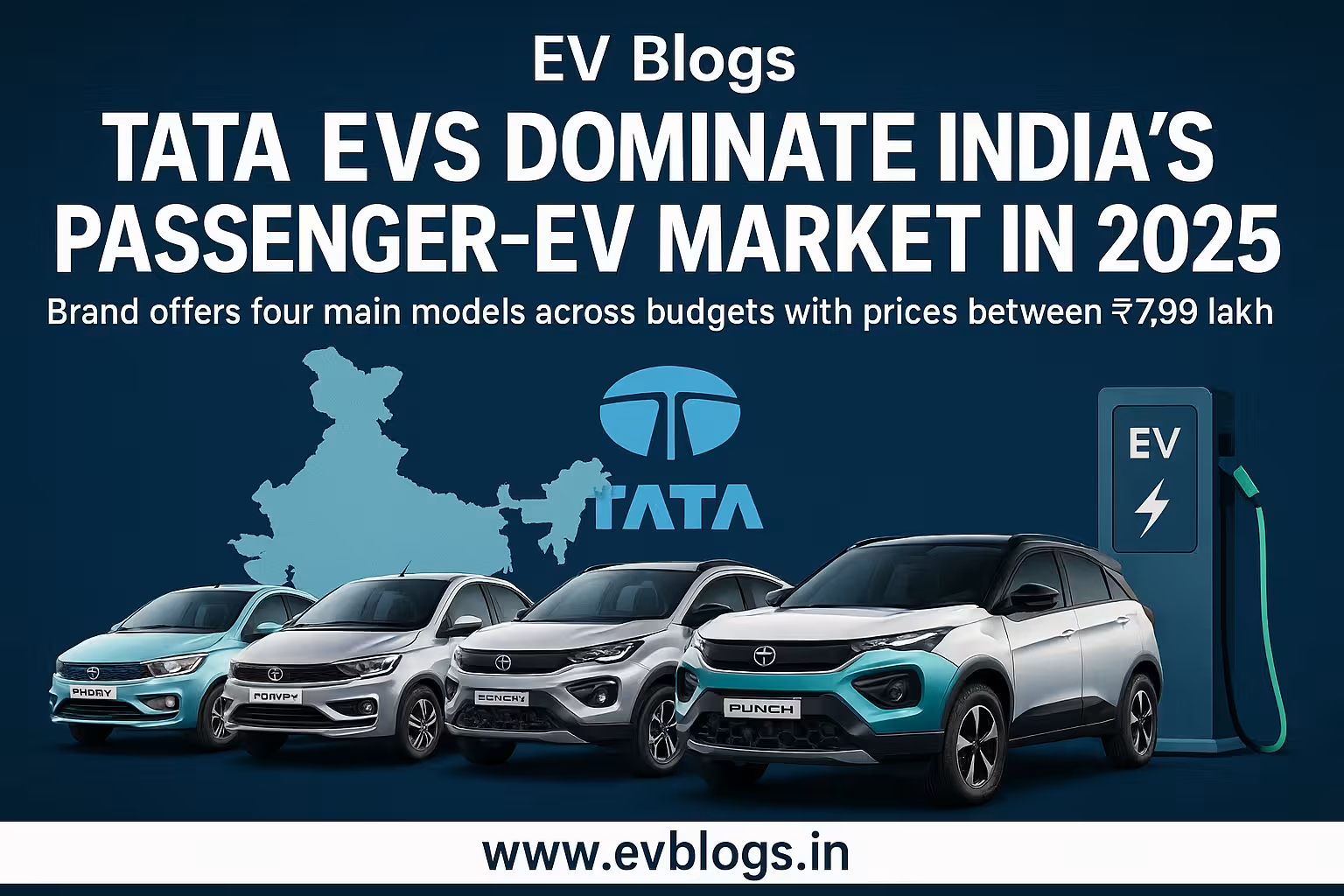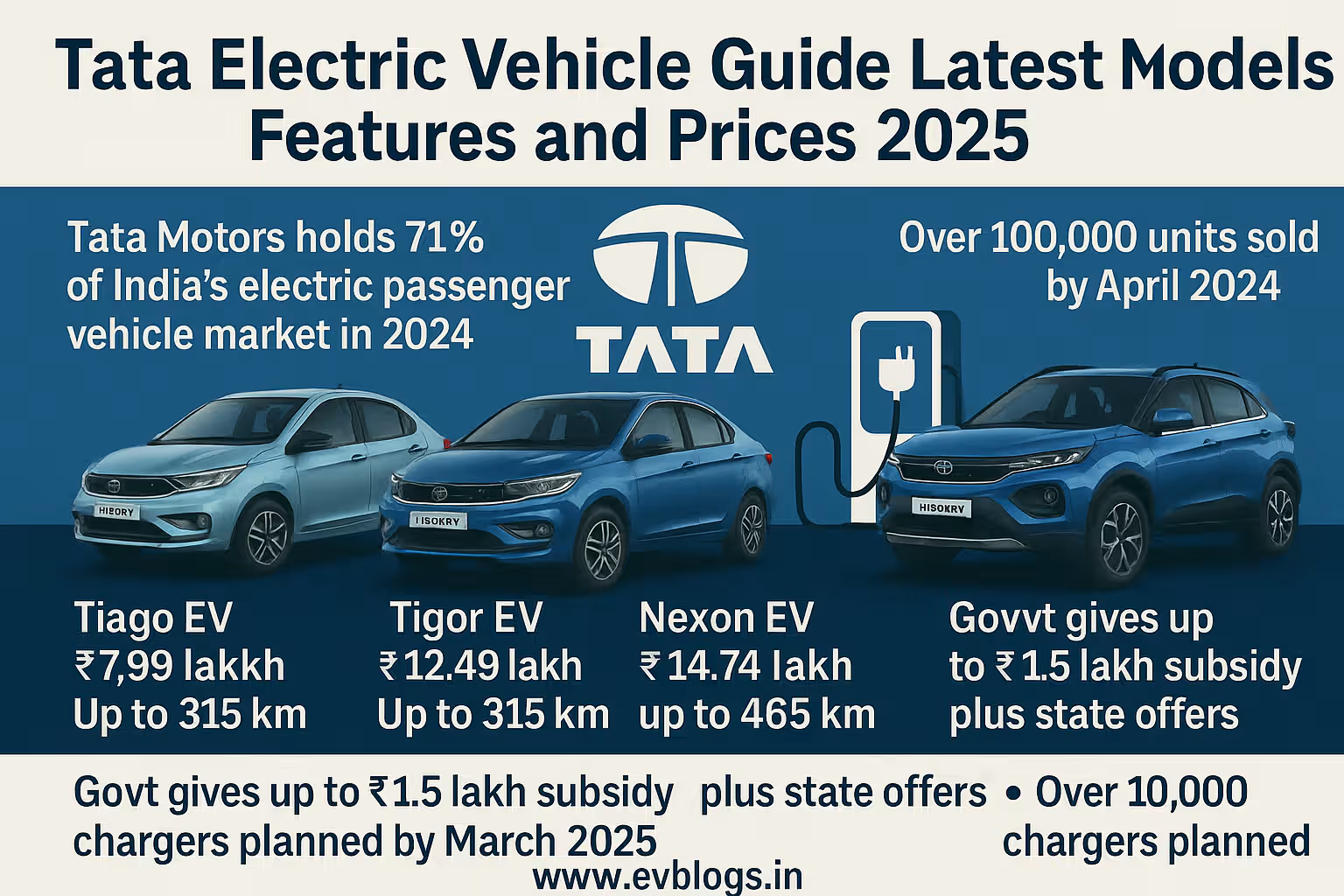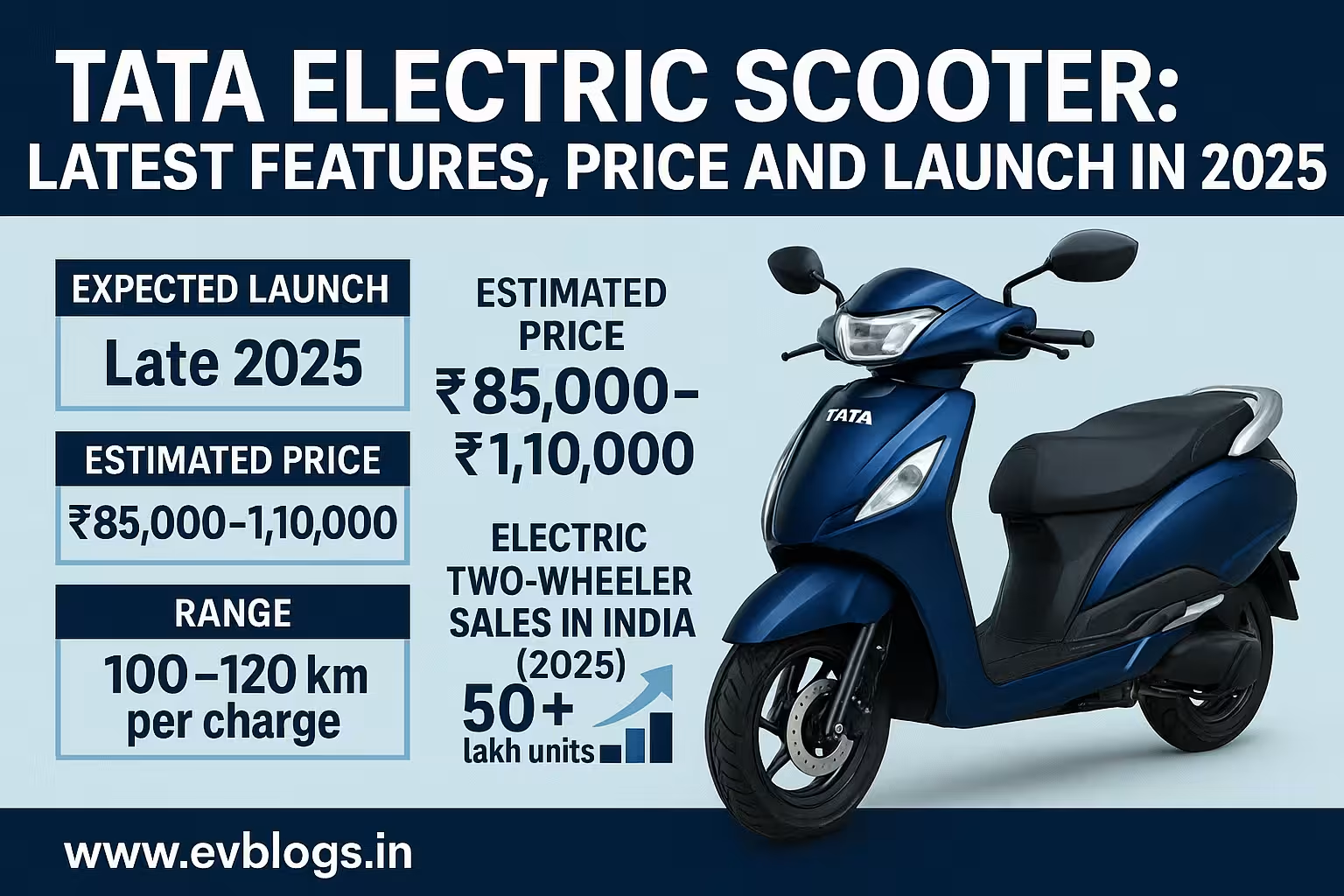Hedhvick Hirav
Hedhvick Hirav is a dedicated EV researcher and editor with over 4 years of experience in India’s growing electric vehicle ecosystem. Their contributions have been recognized in leading sustainability publications and automotive journals.
Summarize & analyze this article with
Choose an AI assistant and open this article directly:
Tip: if the AI doesn’t fetch the page automatically, paste the article URL manually.
Maruti Suzuki e Vitara: India’s Next Leap in Electric Vehicles
Introduction: The Shift Towards Electric Mobility in India
India, a nation historically driven by fuel-based automobiles, is undergoing a transformative journey towards electric mobility. Rising fuel costs, growing environmental awareness, stringent emission regulations, and government incentives are prompting automakers and buyers to consider electric vehicles (EVs) as viable alternatives. Maruti Suzuki, India’s leading automaker, has traditionally dominated the internal combustion engine (ICE) segment. However, with the global and domestic surge in EV adoption, all eyes are on what Maruti Suzuki brings to this new era.
Enter the Maruti Suzuki e Vitara—a much-anticipated electric compact SUV. While Maruti Suzuki has been somewhat cautious in entering the fully electric space, the upcoming e Vitara promises to reshape the EV landscape by combining the brand’s emphasis on affordability, usability, and widespread service with clean, cutting-edge propulsion technology.
This article provides a comprehensive overview of the Maruti Suzuki e Vitara based on current developments, expected features, and industry insights as of mid-2024, aiming to help Indian car buyers, EV enthusiasts, and everyday commuters understand what this vehicle represents and what it means for the future of personal transportation in India.
What is the Maruti Suzuki e Vitara?
The Maruti Suzuki e Vitara is the company’s first fully-electric SUV, based on the proven mid-size “Vitara Brezza” platform, which has been widely successful in the compact SUV segment. The e Vitara will serve as Maruti Suzuki’s flagship electric passenger vehicle, targeting urban and suburban consumers seeking an affordable, practical, and reliable EV.
Key Facts and Context
- Body Style: Compact/Mid-size SUV, based on the Vitara/Brezza design language
- Launch Timeline: Expected between late 2024 and early 2025
- Manufacturing: Partnership between Maruti Suzuki and Toyota; will be produced in India
- Market Position: Will compete directly with Tata Nexon EV, Mahindra XUV400 EV, and MG ZS EV
Design, Features, and Technology
Maruti Suzuki has drawn from its success with the Vitara Brezza and the Grand Vitara to create an SUV that feels familiar yet modern.
Exterior Design
- Bold SUV stance inherited from the existing Vitara lineage
- Aerodynamic tweaks exclusive to the electric model, including a closed grille and unique LED lighting patterns
- Unique e Vitara branding and color options to distinguish the EV from the petrol/diesel variants
Interior
- Spacious five-seater cabin, suitable for families
- Digital instrument cluster with EV-specific displays like range, energy flow, and charging status
- Infotainment system compatible with Android Auto and Apple CarPlay
- Premium upholstery and ergonomic seating reflecting Maruti’s emphasis on comfort
Battery, Performance, and Range
| Feature | e Vitara (Expected) | Competitor Benchmark (2024) |
|---|---|---|
| Battery | 40–45 kWh Li-ion | Tata Nexon EV: 30.2–40.5 kWh |
| Range (ARAI) | 350–400 km per charge | Nexon EV Max: 453 km (ARAI) |
| Charging | Fast + Home Charging (AC/DC) | Similar |
| Power Output | 100–140 hp (varies by variant) | Nexon EV Max: 143 hp |
| Acceleration | 0–100 km/h in ~10 seconds | Comparable |
Note: These values are based on industry predictions and reports as of June 2024 and may be updated upon official launch.
Eligibility: Who Should Consider the e Vitara?
The e Vitara is designed for a wide audience but best serves:
- Urban and suburban drivers who travel 50–120 km daily
- Families requiring a spacious, reliable vehicle
- Environmentally conscious buyers seeking to reduce carbon footprint
- Early EV adopters looking for value and after-sales service assurance
- Fleet operators and shared mobility providers aiming to transition to electric vehicles
Benefits of Maruti Suzuki e Vitara
1. Affordable Electric Mobility
Maruti’s legacy has always been about democratizing personal mobility. The e Vitara will likely be priced competitively, possibly in the Rs. 15–18 lakh (ex-showroom) range, making it more accessible than many current EV options in its size class.
2. Lower Running Costs
Electric vehicles cost substantially less to run than petrol or diesel vehicles. Electricity costs in India average Rs. 1–2 per km for EVs, versus Rs. 7–10 per km for comparable ICE models.
3. Environmental Impact
A zero tailpipe emissions vehicle, the e Vitara will directly contribute to cleaner air and help India meet its emission reduction commitments.
4. Advanced Features
- Connected car technology
- OTA (over-the-air) software updates
- Regenerative braking for improved efficiency
- Dedicated EV platform for enhanced space and safety
5. Widespread Service Network
Maruti Suzuki’s unparalleled dealership and service reach ensures easier maintenance, spare parts availability, and trained technicians—a significant shift from the current EV scenario where many buyers fear service limitations.
6. Government Incentives
Buyers may be eligible for state and central incentives under schemes like FAME II, which can reduce the effective price by Rs. 1-2.5 lakh, depending on location and policy at the time of purchase.
The Purchase and Ownership Process
If you are considering owning the e Vitara, here is what the typical process is expected to look like:
1. Booking and Test Drive
- Visit a Maruti Suzuki Arena or premium NEXA showroom to express interest.
- Register for test drives when demo vehicles arrive (expected in launch phase).
- Book by paying a token amount (amount to be announced).
2. Financing and Incentives
- Explore special EV loans, often with lower interest rates and extended tenures.
- Enquire about government subsidies and apply at the time of purchase.
- OEM-associated financiers may offer additional benefits for EV buyers.
3. Delivery and Setup
- Pre-delivery inspection and walkthrough of charging/maintenance basics.
- Some dealers may assist with installation of a home charging unit.
- Access Maruti Suzuki’s digital platforms for vehicle monitoring, service, and support.
4. After-Sales and Maintenance
- Scheduled maintenance for EVs is much less than ICE vehicles; fewer moving parts mean less periodic replacement.
- Maruti Suzuki is investing in training widespread service staff for EV-specific maintenance.
- Battery warranty (industry standard is 8 years/160,000 km) expected.
Practical Advice and Expert Insights
Making the EV Choice
Transitioning to an EV is a significant change. While the upfront price may be higher than a comparable petrol SUV, the long-term savings in fuel and maintenance could offset the premium within 4–5 years for most urban users.
Calculating Your Savings
| Factor | e Vitara EV | Petrol SUV |
|---|---|---|
| Daily running cost | Rs. 80 | Rs. 350 |
| Annual running (20,000 km) | Rs. 16,000 | Rs. 70,000-90,000 |
Assumptions: 20,000 km/year, Rs. 8/unit (electricity), Rs. 105/litre (petrol), 14 km/l real-world mileage.
Range and Charging Infrastructure
If your daily needs involve city or intercity commutes below 200–250 km, the e Vitara’s range of 350–400 km is ample. With more DC fast chargers coming up across metros and highways, range anxiety is steadily reducing.
Tips for First-time EV Owners
- Install a home charger for convenience and cost savings.
- Familiarize yourself with charger apps (Tata Power, ChargeZone, etc.).
- Plan long trips with charging stops in mind for peace of mind.
Comparison: e Vitara vs. Key Electric SUVs
| Model | Price Range | Range (ARAI) | Battery Size | Key Features |
|---|---|---|---|---|
| Maruti Suzuki e Vitara | Rs. 15–18 lakh* | 350–400 km | 40–45 kWh | Widespread service, affordable |
| Tata Nexon EV Max | Rs. 17–19 lakh | 453 km | 40.5 kWh | Feature-rich, popular |
| Mahindra XUV400 EV | Rs. 16–20 lakh | 375–456 km | 39.4–34.5 kWh | Sporty, space |
| MG ZS EV | Rs. 23–27 lakh | 461 km | 50.3 kWh | Premium, larger size |
*Expected price, to be confirmed at launch.
Addressing Common Concerns
Battery Life and Replacement Costs
Modern Li-ion battery packs, with robust thermal management, last 8–10 years or more under typical use. Replacement costs are decreasing internationally and in India, and battery recycling/upcycling initiatives are on the rise.
Safety
The e Vitara will likely include all standard safety features: airbags, ABS, electronic stability, high-voltage cut-offs, and structural modifications for battery safety. It’s expected that Maruti Suzuki will target at least a 4-star Global NCAP rating.
Resale Value
As EV adoption increases, resale markets are expected to stabilize. Maruti Suzuki’s strong brand and network support will likely ensure above-average resale values compared to less established brands.
Real-World Use Cases
Scenario 1: City Commute
Shalini, a working professional in Bengaluru, travels 35 km daily. By switching to the e Vitara, her monthly “fuel” bills drop from Rs. 5,000 (petrol) to under Rs. 1,200 (electricity), while enjoying a quieter, cleaner drive.
Scenario 2: Family Road Trips
A family in Pune frequently drives to Lonavala (90 km one way) on weekends. Using the e Vitara, they make the round trip comfortably with plenty of range left, tipping the cost scales and the environmental balance in their favor.
FAQ: Maruti Suzuki e Vitara
Q1: When will the Maruti Suzuki e Vitara be launched?
A: Maruti Suzuki has indicated a late 2024 or early 2025 launch timeline, subject to component supply and production planning.
Q2: What is the expected driving range?
A: Industry estimates suggest a driving range of 350–400 km on a single charge (ARAI test cycle).
Q3: How long does it take to charge the battery?
A: With a DC fast charger (approx. 50 kW), 10–80% charge should take about 50–60 minutes. Home (AC) charging will take 6–7 hours for a full charge.
Q4: What is the estimated price?
A: The e Vitara is expected to be priced between Rs. 15–18 lakh (ex-showroom), depending on variant and location.
Q5: Will Maruti Suzuki offer a battery warranty?
A: Yes, most manufacturers provide at least an 8-year/160,000 km battery warranty; Maruti Suzuki is expected to do the same.
Q6: Is it expensive to maintain an electric vehicle?
A: No, EVs cost much less to maintain due to fewer moving parts and require less frequent servicing.
Q7: Will the e Vitara be available everywhere?
A: Maruti Suzuki’s extensive network across urban and semi-urban India ensures wide availability and support.
Takeaway: The Maruti Suzuki e Vitara’s Role in India’s Electric Future
The Maruti Suzuki e Vitara is poised to be a game-changer for India’s electric mobility revolution. With its blend of affordability, practical range, Maruti’s trusted service, and an eye on emerging user needs, the e Vitara will lower the entry barrier for EV adoption in millions of Indian households.
For buyers, the e Vitara represents a smart, eco-friendly investment that doesn’t compromise on real-world usability. For India, it could be the tipping point for mass-scale EV adoption—pushing the country closer to its clean energy and transportation goals.
Action Steps for Interested Buyers:
- Register your interest on the Maruti Suzuki website or local dealership.
- Start tracking charging infrastructure in your area.
- Plan financially by comparing EV-specific loans and subsidies.
- Test drive as soon as available to experience the difference firsthand.
The electric revolution is no longer on the horizon—it’s rolling onto Indian roads with the unmistakable confidence of Maruti Suzuki’s e Vitara.
Sources
- Maruti Suzuki Official Announcements & Investor Relations
- Society of Indian Automobile Manufacturers (SIAM)
- Ministry of Heavy Industries, India – FAME Scheme
- Autocar India: Maruti Suzuki eVX (e Vitara) development updates
- Tata Nexon EV Official Specifications & Pricing
- Automotive Research Association of India (ARAI)
- [Press releases and EV trend reports from CRISIL, Bloomberg, ET Auto, and TechSci Research]


